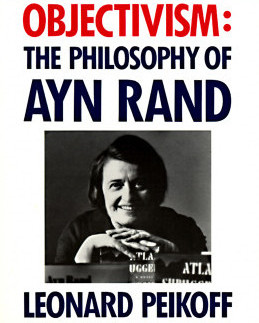…A man does not know everything, but he does know what he knows. The choice is not: to make unwarranted, dogmatic claims or to give up the cognitive quest in despair. Both these policies stem from the notion that omniscience is the standard. One side then pretends to have access to it somehow, while the other bewails our lack of such access. In reason, however, this kind of standard must be rejected. Conceptual knowledge rests on logic within a context, not on omniscience. If an idea has been logically proved, then it is valid and it is an absolute — contextually. This last term, indeed, does not introduce a factor distinct from logic and should not have to be stressed: to adduce evidence for a conclusion is to place it within a context and thereby to define precisely the conditions of its applicability.
Many people in our Kantian era think, mistakenly, that absolutism is incompatible with a contextual approach to knowledge. These people define an “absolute” as a principle independent of any other fact or cognition; i.e., as something unaffected by anything else in reality or in human knowledge. Such a principle could come to be known only by revelation. An eloquent example of this approach was offered years ago by a famous relativist, who told his class that airplanes refute the law of gravitation. Gravitation, he explained, means that entities over a certain weight fall to the earth; but an airplane in flight does not. Someone objected that there are many interacting factors in reality, and that gravitation involves an object’s falling only if the gravitational pull is not counteracted by an opposing force, as it is in the airplane’s case. To which the professor replied: “Precisely. Gravitation is conditional; its operation depends on circumstances; so it is not an absolute.” What then would qualify as an absolute? Only a fact that has no relationships to anything (like Hegel’s supernatural Absolute). Such a fact would be knowable only “in itself,” by mystic insight, without the “contamination” of any “external” context of evidence.
The modern definition of “absolute” represents the rejection of a rational metaphysics and epistemology. It is the inversion of a crucial truth.
